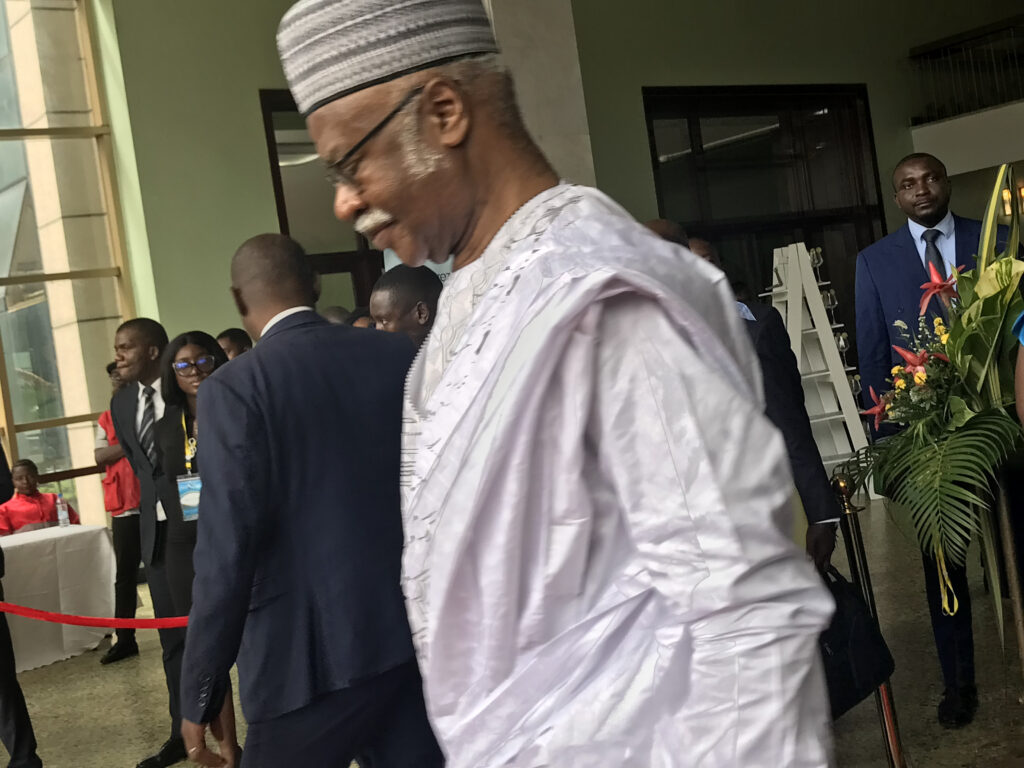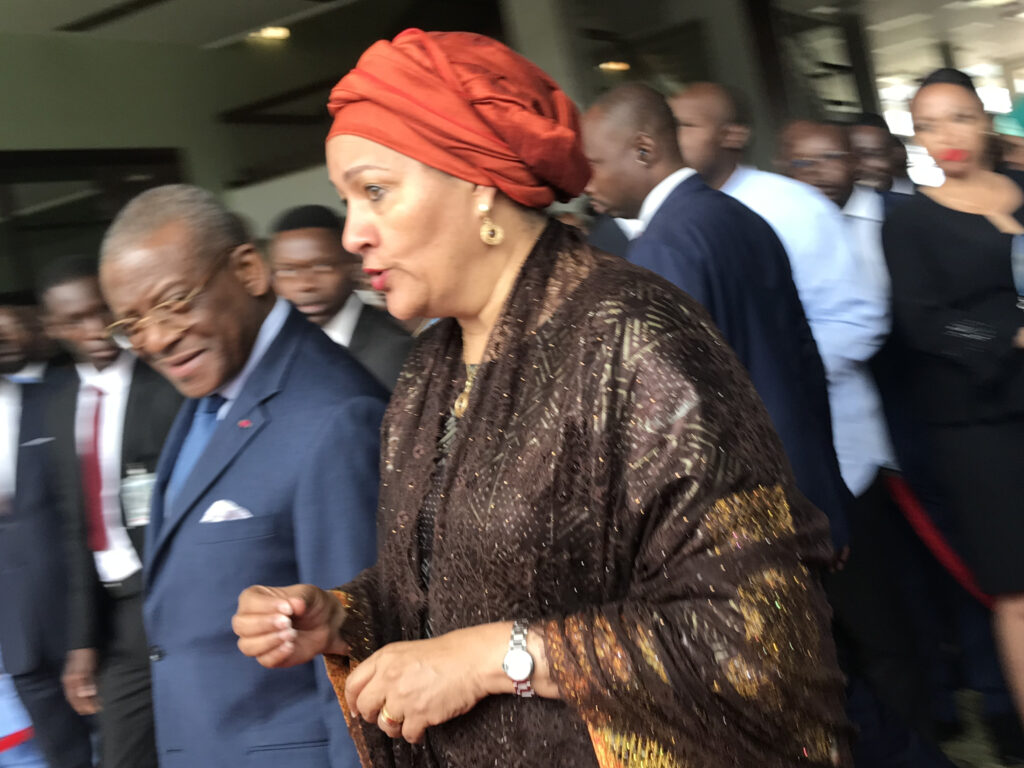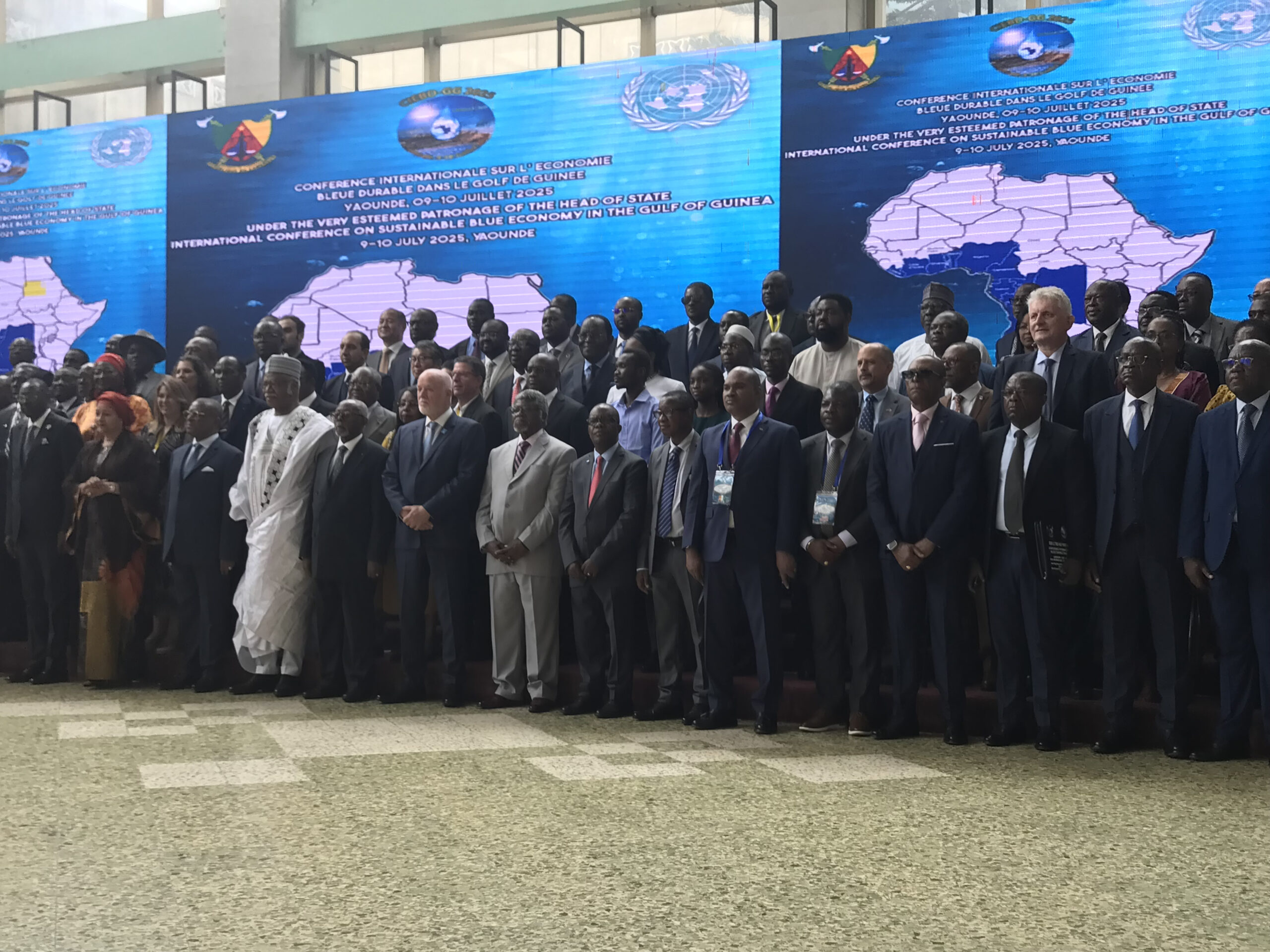At the end of the Blue Economy Conference on the Gulf of Guinea, parties have committed to 100 percent ocean management by 2030.
“Developing and implementing Sustainable Ocean Plans to guide the sustainable use, protection, and restoration of marine and coastal ecosystems, and to manage 100% of ocean areas under national jurisdiction by 2030. SOPs should align with National Biodiversity Strategy and Action Plans (NBSAPs), National Determined Contributions (NDCs), marine economic roadmaps, and development plans,” reads the Yaounde Declaration.

The Gulf of Guinea is one of the world’s richest marine ecosystems, vital to livelihoods, food security, and economic development. The conference thus provided an opportunity to strengthen regional cooperation and accelerate implementation of global frameworks, including the Kunming-Montreal Global Biodiversity Framework (GBF), the United Nations Convention on the Law of the Sea, the 2030 Agenda, and the Paris Agreement. The parties reaffirm the Yaoundé Code of Conduct (2013) and related regional security frameworks.
The declaration aligns with the African Union’s Agenda 2063, the African Integrated Maritime Strategy 2050, and the African Blue Economy Strategy and key regional legal instruments, including ECCAS, ECOWAS, COPAX, and the Gulf of Guinea Commission (GGC).
The Yaounde declaration comes at a time Cameroon endorsed the Global Charter for Fisheries Transparency. The eight countries that signed the declaration also support the Global Charter for Fisheries Transparency and commit to implementing digital vessel registries, publishing data on licenses and quotas, promoting traceability in all fleets, enhancing regional data-sharing, and publishing vessel ownership. The stakeholders recognize the vital role of small-scale fisheries and blue carbon ecosystems and support their integration into national climate and biodiversity strategies. Countries together committed to strengthening monitoring, enforcement, port state measures, and data sharing to combat IUU fishing and to stronger cooperation with international partners to close governance gaps.
Opening the conference, Cameroon’s prime minister, Dion Ngute, maintained that the blue economy cannot flourish without innovative financial mechanisms that are accessible and capable of meeting the real needs of the countries of the Gulf of Guinea. This is why this conference offers an excellent opportunity to pool our thoughts on the possibility of creating collective governance, monitoring, and support mechanisms for the blue economy. It is against this backdrop that parties called for increased sustainable finance, regional investment platforms, and public-private partnerships. Implementation strategies must prioritize gender equity, youth, Indigenous Peoples, and local communities.
The parties proposed the creation of a Regional Centre of Excellence in Yaoundé for training, dialogue, and innovation on the sustainable blue economy with support from partners, academia, and development banks.

Despite the political momentum for 100% sustainable ocean management by 2030, overfishing, ecosystem degradation, piracy, Illegal, Unreported, and Unregulated (IUU) fishing, and weak financing are major obstacles. This was echoed by Amina Mohammed. “Our coastal waters, rich in biodiversity and cultural heritage, hold immense potential for economic transformation. Yet this potential remains largely untapped. Today, the ocean economy accounts for less than 10 percent of the GDP in the region, and we must change that for the sake of urgency and the scale with which we invest,” says Amina Mohammed, UN Deputy Secretary General.

